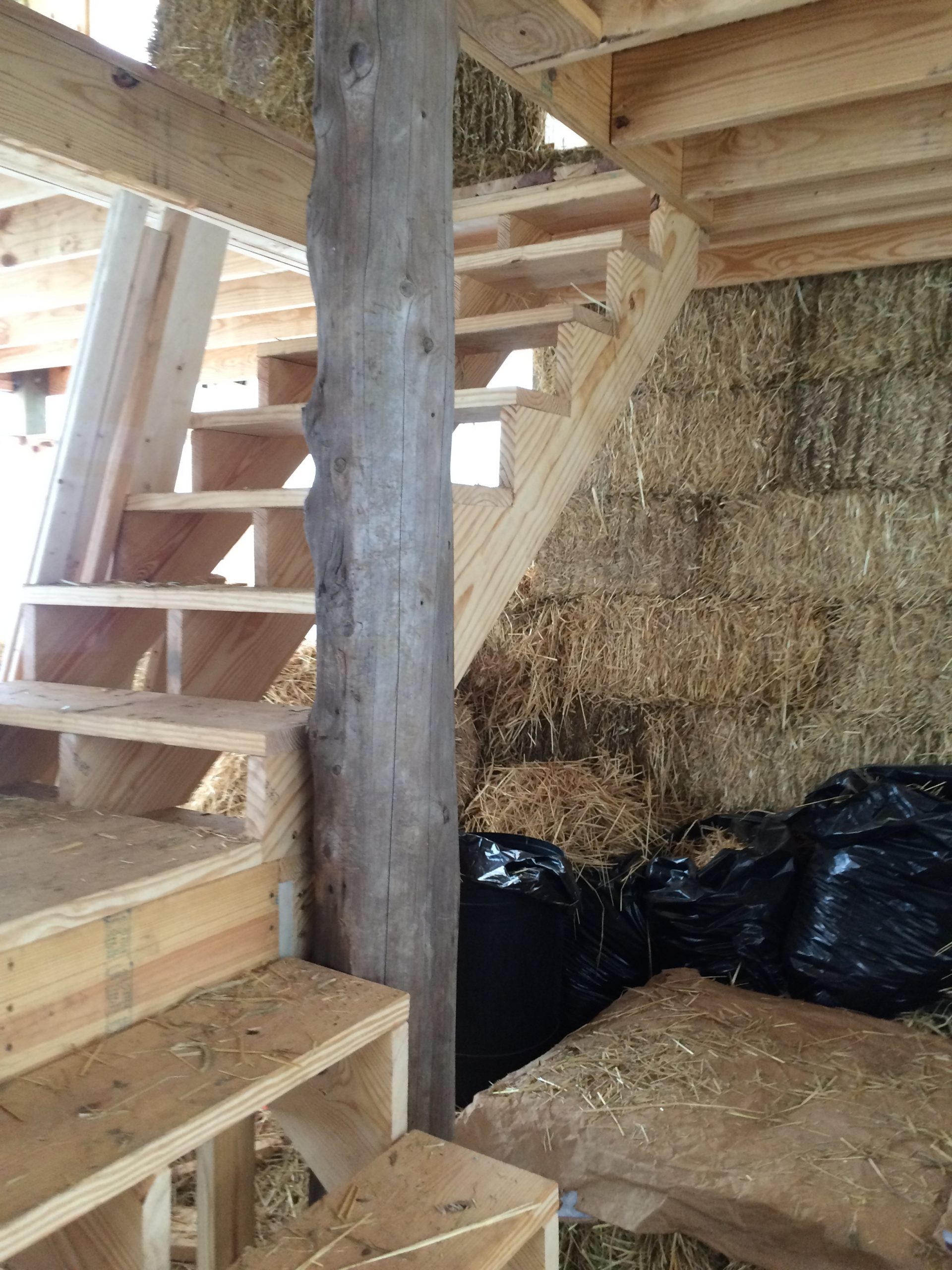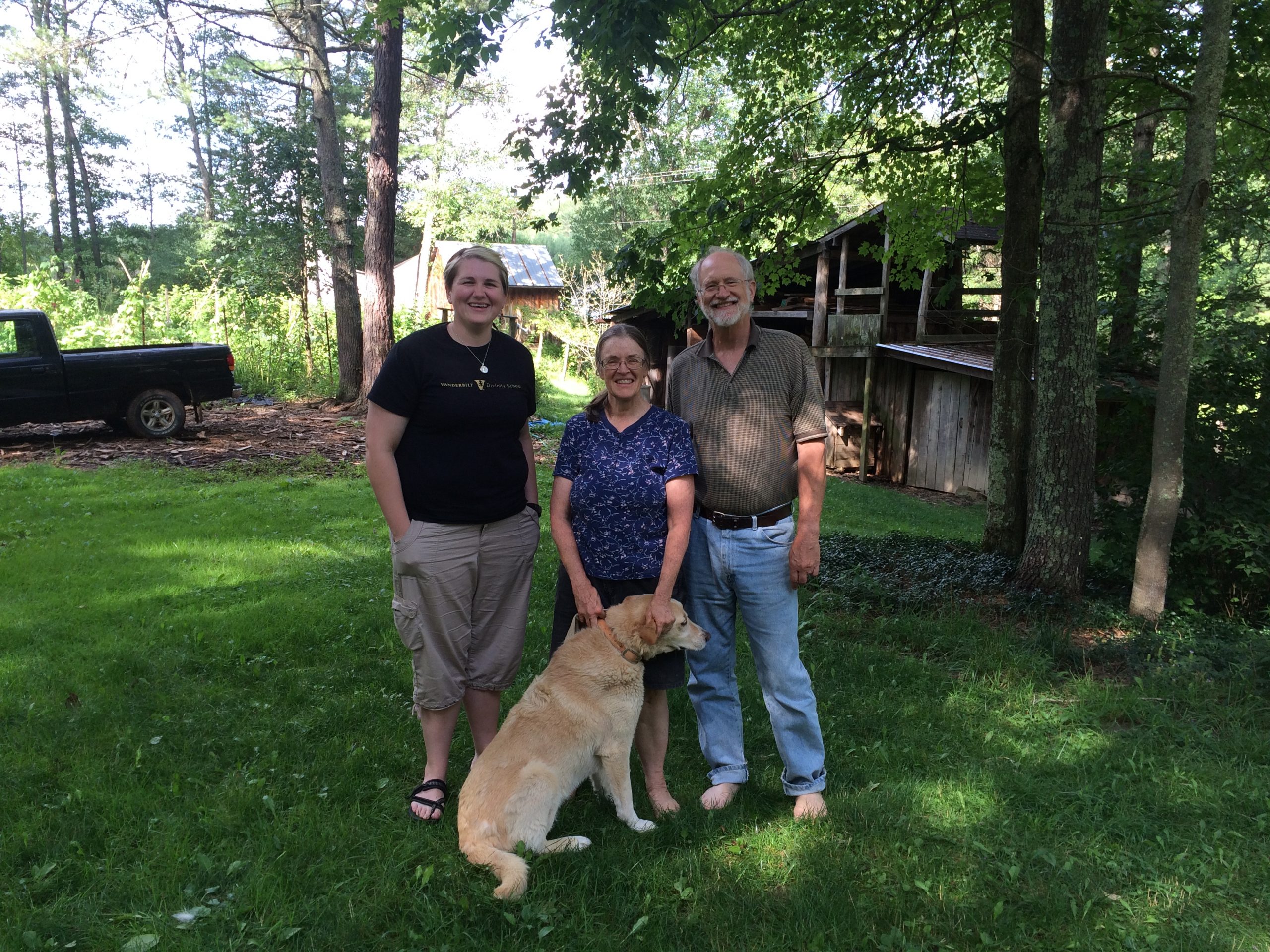The Imagination Grant seek to advance global learning, theological reflection, and leadership skills and support creative, non-credit bearing projects proposed by students. The funds can be used to cover travel and expenses for global immersion experiences, and are typically utilized during summers.
As 2015 eased its way into being, I began pondering which pursuits would guide my time and energy for the summer. As a biologist-turned-divinity-student, I have intentionally navigated my studies at VDS looking at theology through a biological lens. So, the idea of climate justice work in the context of understanding congregational responses to climate change in at-risk areas this summer appealed greatly.
My journey began by spending seven weeks looking at the effects of climate change on the South Pacific/ Oceania by way of Fiji. This was an intense immersion experience as I vividly observed the effects of climate change in Fiji. As I returned to the States, I wondered how my observations in Fiji would coalesce with my upcoming Appalachian trip.
Because of the Imagination Grant’s generous funding, I set out from Nashville to understand faith community responses to climate change in the Appalachian region of the United States. I intended to travel to rural congregations to interview pastors about congregational responses to climate change and to tour earth literacy centers and faith-based, creation-care nonprofits.

The journey took me to an earth literacy center in East Tennessee, where I was given a tour of a carbon neutral, off-the-grid camp which is focuses on inviting folks to see houses built from straw and stucco, compost toilettes using peat, passive hot water heaters, natural burial sites, etc. Next, I visited a Catholic parish in Asheville, North Carolina, that is raising funds to place 150 solar panels on the church’s roof; then I traveled to another parish in Johnson City that is working with Interfaith Power and Light to engage in more sustainable energy and land practices.

Next, I traveled into Mountain Top Removal (MTR) and gas fracking areas of West Virginia where I was warmly welcomed into the home of Allen and Debbie Johnson who are founders of the evangelical earth care group, Christians for the Mountains. I learned about their work as we ate freshly harvested blueberries and toured their extensive gardens. As I headed into Charleston, I met with a seasoned Episcopalian priest who has worked tirelessly against the devastation of MTR and been arrested multiple times for doing so. I learned about the dying coal industry and fast growing gas fracking industry and how West Virginia has become a sacrifice zone where many natural resources go out and little money comes in. Next, I met with a Methodist minister who works hard promoting creation care among the West Virginia Council of Churches. And finally, I visited with a Presbyterian minister in Huntington, West Virginia, who is organizing around preventing the commencement of nearby oil fracking.
All told, this ecumenical trip was formative as I learned about the devastation of climate change in Appalachia. It was a privilege to meet incredible folks who are resisting with their time, energy, voices, and very bodies.
Kate Fields, MDiv’3